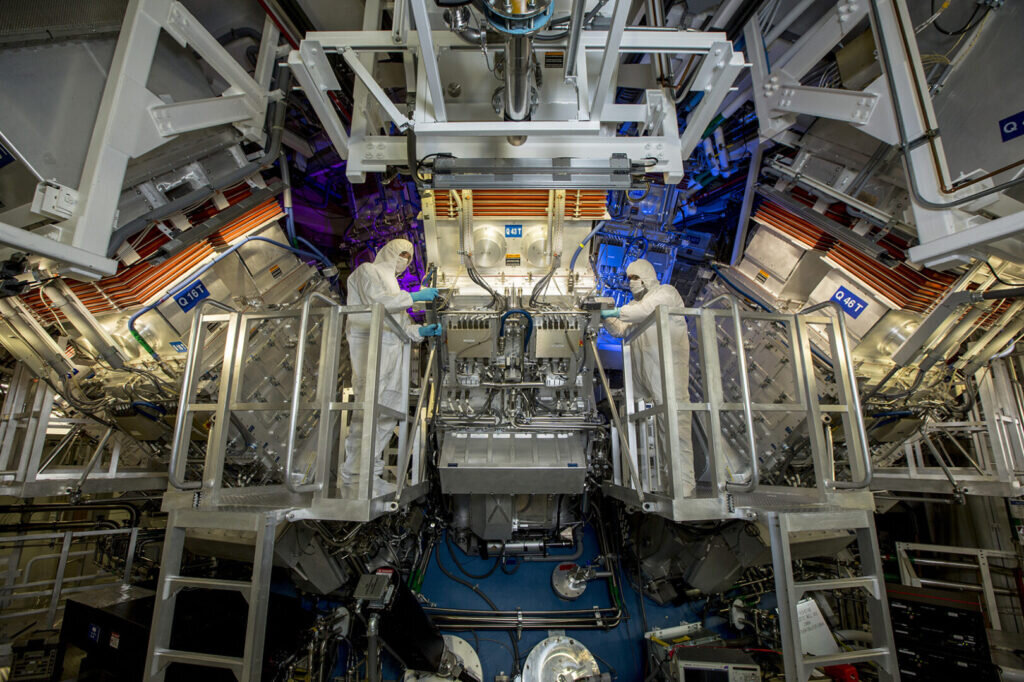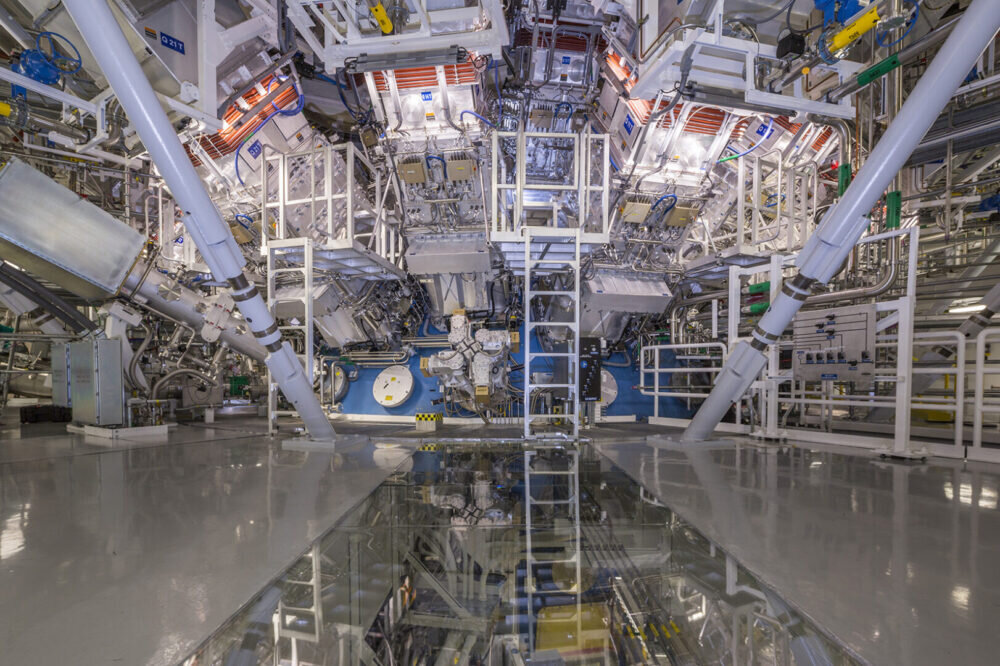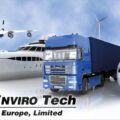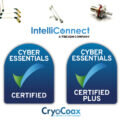One of the UK’s leading digital transformation experts has played a key role in the recent Nuclear Fusion reaction breakthrough that generated more energy than it consumed.
PTC, which has its technical and sales office in Reading, has announced that its Creo® computer-aided design (CAD) and Windchill® product lifecycle management (PLM) technology was used by Lawrence Livermore National Laboratory (LLNL) throughout the development of the National Ignition Facility (NIF).
With more than 3.5 million components, comprising 750,000 unique part designs, the highly engineered NIF “system of systems” machine is believed to be the largest Creo and Windchill assembly ever created and perhaps the largest assembly ever modelled in 3D CAD.
“The NIF represents an incredible feat of engineering, whose breakthrough could ultimately transform access to clean energy,” said Jim Heppelmann, President and CEO of PTC.
“We are thankful for the collaborative relationship we have enjoyed over the years with LLNL and the United States Department of Energy (DOE) more broadly. The use of PTC software solutions throughout the project’s development demonstrates the tremendous power of our technology.”

PTC has been supporting the NIF engineering team at Lawrence Livermore National Laboratory as a close partner for over 25 years, starting with its Pro/ENGINEER® CAD software (now known as Creo) and then adding Windchill to the solution as its data management needs grew and grew.
Over the years, the company’s product teams have had many collaborative discussions with the LLNL and broader DOE representatives, who have always challenged it to push the envelope for what its software must do in the advanced projects it is used in.
This included major advancements in 3D visualization technology that have subsequently gone on to be incorporated into the wider PTC suite of solutions.
Jim concluded: “Our goal is to enable our customers to make their existing products more sustainable and, of course, to enable them to design and manufacture new innovations that drive the clean energy revolution, ranging from solar panels to the National Ignition Facility.”
To read Jim Heppelmann’s full blog, please click here: Fusion Ignition Breakthrough: Designing the Ultimate Clean Energy Source.





